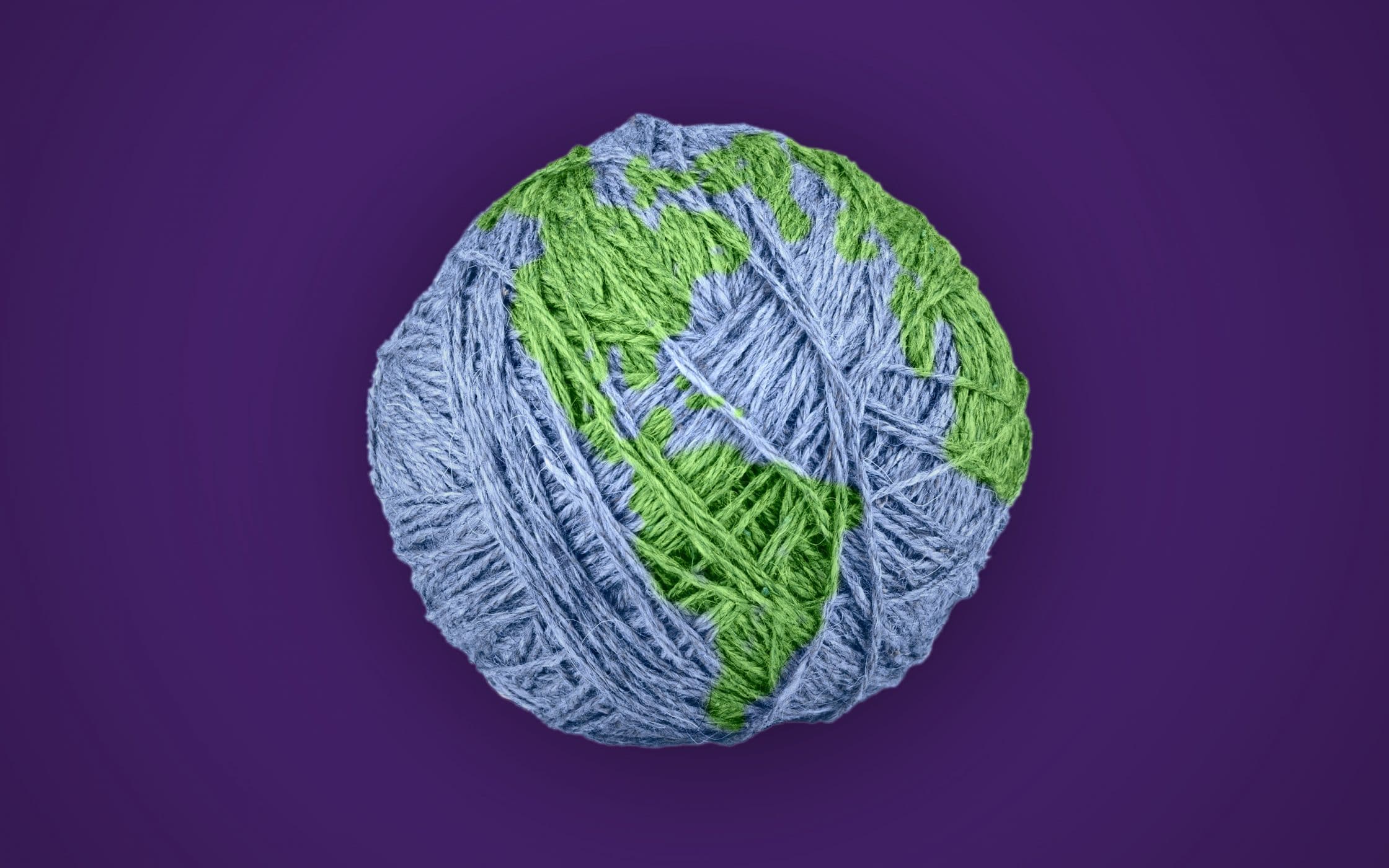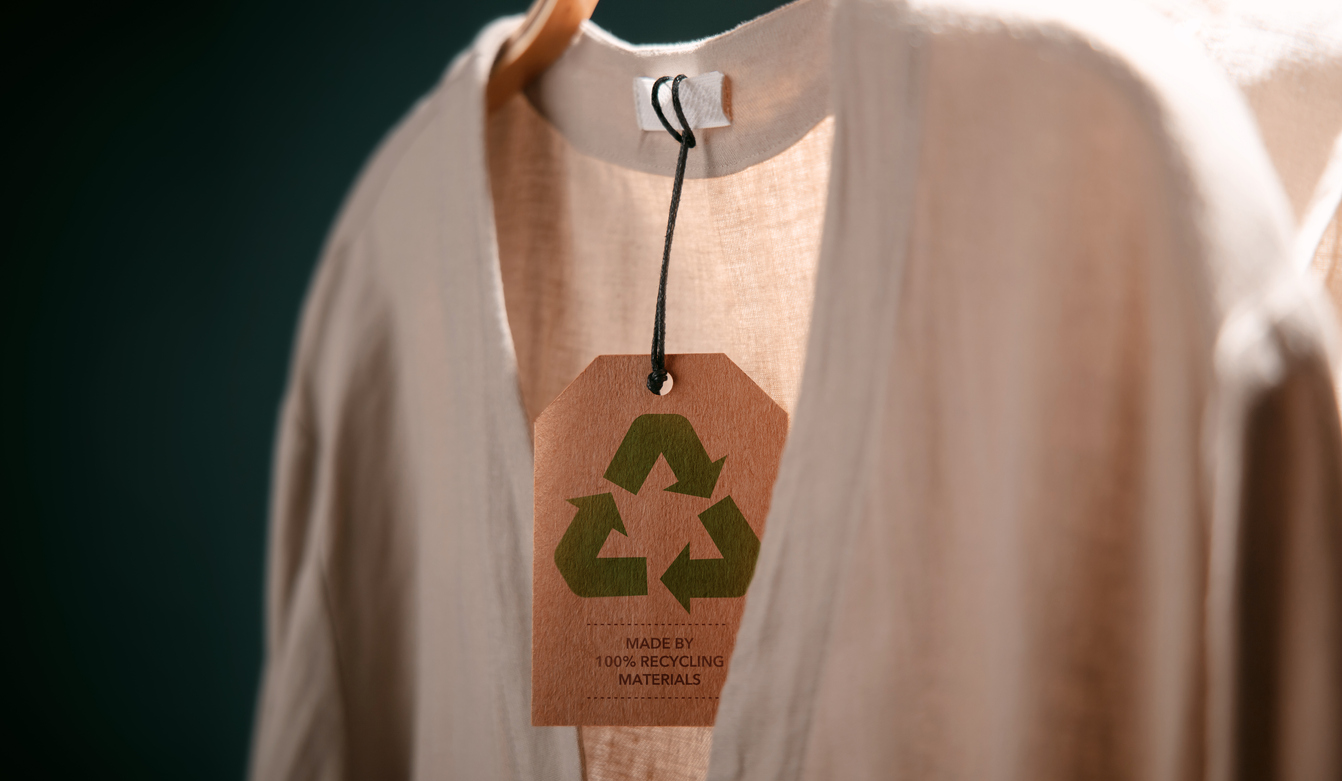Cape Town Sustainable Fashion Designers Leading the Green Motion
Cape Town Sustainable Fashion Designers Leading the Green Motion
Blog Article
Keep Ahead of the Curve by Discovering Ingenious Style Trends
In a market as vibrant as fashion, staying ahead involves more than just complying with present fads-- it requires an exploration of innovation. Smart fabrics, for example, are transforming garments into useful masterpieces, while 3D printing is revolutionizing style processes with its customizable, waste-reducing abilities. As sustainability comes to be a keystone, advancements like green products and round fashion practices are improving environmental obligation - Cape Town Sustainable Fashion. Furthermore, the convergence of innovation and style advertises a new age of consumer interaction. Just how, after that, can these arising trends redefine the future of fashion, and what ramifications do they hold for brand names looking for to prosper in this developing landscape?

Embracing Smart Textiles
Recently, the fashion business has witnessed a transformative change with the integration of smart fabrics, an advanced advancement that blends modern technology with material. This development stands for not just a fusion of visual appeals and capability however likewise a substantial leap towards sustainability and customization in fashion. Smart textiles, likewise referred to as e-textiles, embed advanced electronics such as sensors and conductive threads within the textile, allowing garments to communicate with the wearer or the environment.
These fabrics are designed to keep an eye on physiological specifications, such as heart price or body temperature level, supplying real-time wellness analytics. Beyond health applications, wise textiles are additionally being made use of for adaptive apparel, which can change color or pattern in feedback to environmental stimuli, therefore supplying a dynamic fashion experience.
Furthermore, the development of energy-harvesting textiles that generate power from motion or sunlight is leading the way for self-sufficient wearable modern technology. This technology is appealing to environmentally aware consumers and developers aiming to reduce the ecological impact of fashion. As research study and growth in this area development, wise textiles are anticipated to become progressively common, improving the landscape of modern style with their multifunctional capabilities.
The Surge of 3D Printing
Transforming the production landscape, 3D printing has actually emerged as a game-changer in the apparel industry. This cutting-edge modern technology has actually enabled developers to press the limits of creative thinking, producing elaborate and tailored garments that were formerly inconceivable. By leveraging electronic layout and additive production, 3D printing promotes the production of complicated geometries and patterns, enabling developers to experiment with new structures and frameworks.
A notable benefit of 3D printing in vogue is its capacity to generate on-demand, reducing waste and decreasing stock needs. This performance not only maximizes production procedures but also enables fast prototyping, allowing designers to bring their visions to life in a shorter timeframe. Moreover, 3D printing sustains personalization to a degree unmatched by typical approaches, offering special designs and personalized fits tailored to individual consumer preferences.
The surge of 3D printing has additionally democratized style, making it easily accessible to emerging developers that can currently make premium items without substantial economic investment in typical manufacturing framework. As technology remains to development, the style industry is poised to harness the complete possibility of 3D printing, checking out new materials and methods that will undoubtedly redefine just how style is conceived and created.
Lasting Style Developments
As the fashion business grapples with the pushing demand for ecological duty, sustainable style innovations have arised at the leading edge of transformative change. The expanding awareness of ecological impact has actually sustained a change in the direction of even more eco-conscious practices and materials. Brands and developers are now prioritizing sustainability, integrating approaches that lessen waste and decrease carbon footprints.
One substantial growth is the rise of circular fashion, which stresses recycling and upcycling original site to extend the lifecycle of garments. This method not only decreases waste yet likewise encourages customers to adopt an extra mindful technique to apparel consumption.
An additional advancement hinges on the fostering of cutting-edge dyeing strategies that use natural dyes or waterless procedures, consequently decreasing the large amounts of water and chemicals traditionally used in textile dyeing. Furthermore, advancements in biotechnology have caused the development of lab-grown natural leather and textiles, offering environmentally pleasant and cruelty-free options to standard products. Via these pioneering efforts, the apparel industry is making meaningful strides in the direction of a more lasting future.

Tech-Integrated Apparel
Tech-integrated apparel stands for a cutting-edge blend of style and technology, reshaping just how individuals communicate with their apparel. This ingenious domain is marked by the inclusion of clever fabrics and embedded electronic elements, enhancing both functionality and aesthetic allure. From fitness trackers installed in sportswear to warmed coats regulated via smartphone apps, tech-integrated apparel uses customers extraordinary benefit and versatility.
Pioneering brands are driving this trend, concentrating on creating garments that respond to environmental stimulations or customer commands. As an example, some garments can transform color or pattern in action to temperature level shifts, while others integrate biometric sensors to keep an eye on wellness metrics like heart price or anxiety degrees. The smooth integration of modern technology into textiles likewise extends to ecological sustainability, with initiatives to create self-cleaning fabrics or garments that get used to weather, hence decreasing the requirement for multiple layers.
Moreover, useful link the advent of wearable innovation is not just restricted to apparel however encompasses devices like watches and eyeglasses, additional widening the extent of tech-integrated style. As the market remains to innovate, the potential for modification and personalization in apparel expands, providing consumers unique, tech-enhanced style experiences that accommodate their individual demands and choices.
Future of Virtual Fashion
Recently, the future of online fashion has emerged as a transformative pressure within the market, leveraging improvements in digital technology to redefine exactly how style is developed, experienced, and consumed. By incorporating increased reality (AR), online truth (VR), and 3D style tools, developers can now craft immersive and interactive experiences that go beyond typical fashion borders. Online fashion enables the creation of garments that exist only in electronic settings, offering unlimited possibilities for development without the restrictions of physical production.
This electronic change not just presents chances for imaginative expression however likewise addresses sustainability problems intrinsic in conventional style methods. Cape Town Sustainable Fashion. By removing the demand for physical sources, virtual fashion minimizes waste and reduces carbon footprints. In addition, the increase of digital fashion straightens with the boosting consumer demand for personalized and unique experiences, as digital garments can be tailored and customized to specific preferences easily

Verdict
The garment industry's future lies in the integration of lasting techniques and innovative technologies - Cape Town Sustainable Fashion. Smart fabrics and tech-integrated apparel are enhancing performance, while 3D printing uses opportunities for personalization and waste decrease. Sustainable fashion, through green materials and circular methods, demonstrates a commitment to ecological stewardship. In addition, online fashion is positioned to redefine consumer communications. Adjusting to these patterns is vital for brand names seeking to continue to be appropriate and competitive in this quickly advancing landscape.
In current years, the fashion market has observed a transformative shift with the assimilation of clever textiles, a sophisticated advancement that mixes modern technology with fabric.As the fashion sector grapples with the pressing requirement for ecological duty, sustainable fashion technologies have emerged at the center of transformative adjustment.In recent years, the find more info future of virtual style has arised as a transformative pressure within the industry, leveraging advancements in digital modern technology to redefine how fashion is developed, experienced, and taken in. The surge of virtual fashion straightens with the boosting customer demand for distinct and tailored experiences, as digital garments can be personalized and tailored to specific preferences with ease.
The fashion industry's future lies in the integration of cutting-edge technologies and lasting methods.
Report this page